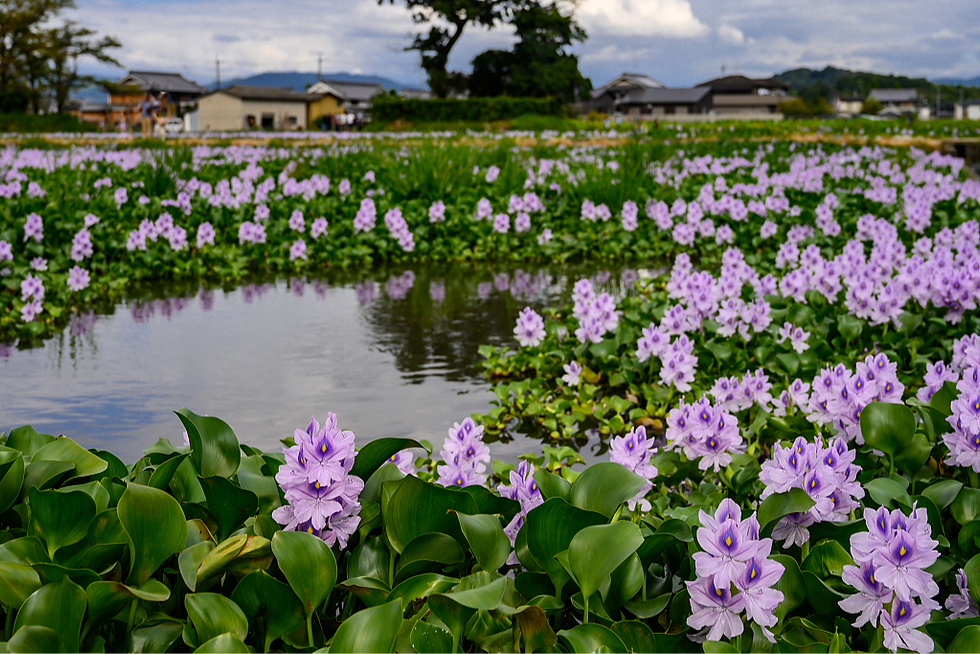First-ever whole genome sequence of the Terror of Bengal

IISER-Bhopal's recent study has shed new light on the genomic factors driving the rapid growth of water hyacinth, an invasive species with significant global impact. The research, which has been published in the peer-reviewed journal iScience, was led by a team of scientists including Professor Vineet K. Sharma, Manohar S. Bisht, Mitali Singh, and Abhisek Chakraborty from the Department of Biological Sciences.
The study is a major breakthrough, providing the first-ever whole genome sequence of water hyacinth (Eichhornia crassipes). This weed, notorious for disrupting ecosystems in Bhopal and worldwide, has been a persistent challenge. The genome sequencing offers a critical resource for understanding the genetic traits that enable the plant to thrive in difficult environments and outcompete native species. Such insights are essential for improving the management of invasive species like water hyacinth.
Beyond its ecological implications, the research also highlights the potential of water hyacinth in translational applications. The study identifies genes involved in processes such as cell wall biosynthesis, photosynthesis, and heavy metal sequestration, which could be harnessed for biofuel production, phytoremediation, and other uses.
To unlock these genetic secrets, the researchers utilized advanced techniques, including Illumina sequencing and Oxford Nanopore Technology for hybrid de novo genome assembly. They also conducted transcriptome sequencing across three plant tissues: root, leaf, and stolon.
A key discovery of the study is a recent whole genome duplication event in water hyacinth, which has led to its tetra-ploidy and an expanded gene pool. This finding is crucial for understanding the plant's invasive capabilities and its evolutionary development.
Professor Sharma emphasized the importance of the research, noting, "This is the first comprehensive genomic analysis of water hyacinth, a plant that has posed significant problems in Bhopal and across India. By unraveling the genetic basis of its rapid growth and adaptability, we can develop more effective strategies for controlling this invasive species and exploring its potential applications."
He added, "The genome sequence we have generated is a valuable asset for the scientific community. It opens up new possibilities for research into the biology, ecology, and potential uses of water hyacinth. We hope our findings will stimulate further studies and help create sustainable solutions for managing water hyacinth infestations."


Comments